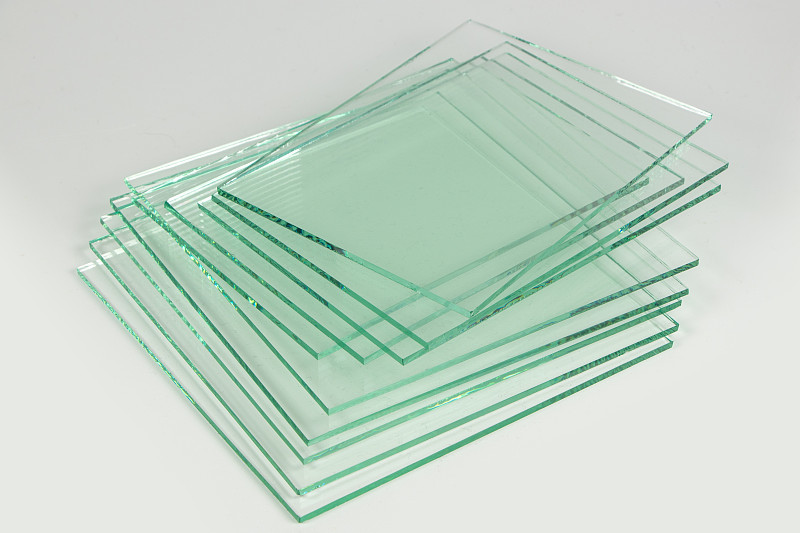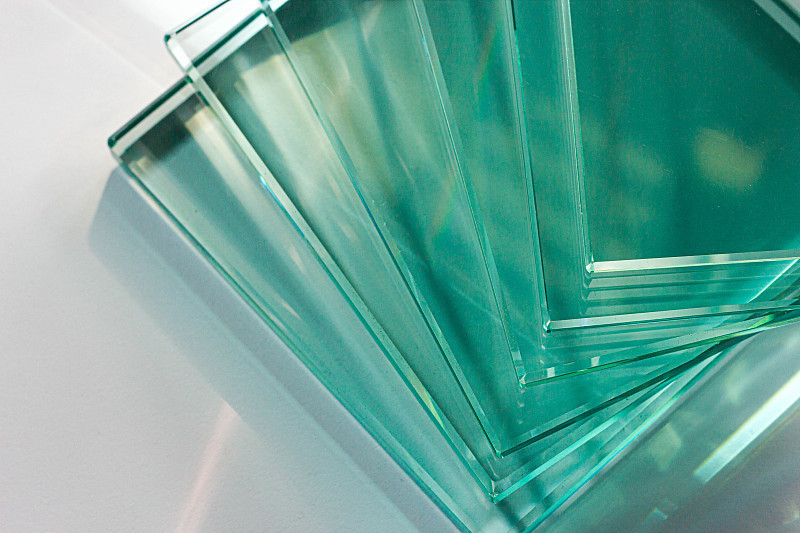What Is Float Glass And Its Uses?
Release time:
2025-09-26
From shiny skyscrapers to modern co-op apartments, from luxury villas to trendy offices, glass has become a staple of architectural and design projects. After all, glass not only brings a sleek and sophisticated appeal to a space, but it is also designed to be practical. Meeting the modern and diverse needs of the modern consumer, glass solutions are the preferred choice for today's age. From security and durability to sound insulation or energy efficiency, glass has something to offer. And all of this while exuding an ethereal beauty.
What is float glass?
Float glass is essentially an ultra-smooth, distortion-free glass used to design other glass products such as laminated glass and thermally tempered glass. With its natural green tint and translucent nature, it transmits approximately 87% of incident light and, unlike flat glass, float glass provides users with a crystal clear view. Float glass is named after the manufacturing process in which molten glass is introduced into a molten tin bath, allowing the glass to float freely.
Applications
Construction
Float glass is used for smaller windows in family homes, while larger windows are made of tempered glass. Glass is used in windows for aesthetic and functional purposes, allowing occupants to see out while allowing light to enter.
Commercial Glass
Float glass is becoming increasingly popular for commercial applications. It allows the construction of structures and gives the impression of being outside, with the benefit of being protected from the elements (except for the sun) on the inside.
Glass also plays an increasingly important role in buildings by providing an attractive and easy to maintain exterior surface. It should be noted that most glass used for this application undergoes a post-heat treatment toughening process prior to use.

In an era where environmental practices in the workplace and home environment are of widespread concern, consideration of the materials used in large commercial buildings is key.
There are several design factors involved in this application, in addition to aesthetics. Factors such as light and thermal transmittance play an important role in glazing selection as they affect the amount of heating and cooling required inside a building based on seasonal and climatic differences. Better control of a building's heating and cooling can have a significant impact on the environmental and financial impact of operating the building.
Displays
Based on its transparency, hardness and ease of cleaning, glass is commonly used in retail stores and countertop display cases. However, due to its superior strength, many of these applications are being replaced by tempered glass.
Float glass has a variety of applications in modern architecture, including commercial and domestic buildings. However, as more advances are made in float glass manufacturing (such as ultra-thin float glass), new applications are being found in electronics and technology, such as TV, computer and cell phone screens. Further advances in float glass production may also lead to more sustainable or environmentally friendly buildings.
Get A Free Quotation
Our glass pass Australian CSI certificates, US IGCC SGCC certificates, European CE certificates and Chinese national safety glass standards. Automatic equipment processing, professional workers, combing strict quality control process enable us efficiently provide qualified glass. If you want to get more information about the float glass, welcome to contact us today or request a quote.
Latest News
Transform Your Space with Ultra Clear Glass: The Ultimate Choice for Modern Architecture
Transform Your Space with Ultra Clear Glass: The Ultimate Choice for Modern Architecture Table of Contents What is Ultra Clear Glass? Benefits of Ultra Clear Glass in Architecture Applications of Ultra Clear Glass in Modern Design Residential Applications Commercial Applications How to Choose the Right Ultra Clear Glass Installation Ti
2025-11-06
Understanding the Benefits of Float Glass in Modern Architecture: A Comprehensive Guide
Understanding the Benefits of Float Glass in Modern Architecture Table of Contents Introduction to Float Glass in Architecture What is Float Glass? A Brief History of Float Glass Manufacturing Benefits of Using Float Glass in Modern Architecture Aesthetics and Design Flexibility Energy Efficiency and Sustainability Safety and Security F
2025-11-05
Exploring the Advantages of Warm-edge Spacers in Modern Architecture
Exploring the Advantages of Warm-edge Spacers in Modern Architecture Table of Contents 1. Introduction to Warm-edge Spacers 2. Understanding Warm-edge Technology 3. Energy Efficiency Benefits of Warm-edge Spacers 4. Thermal Performance Improvement 5. The Sustainability Impact of Warm-edge Spacers 6. Aesthetic Appeal and Design Flexibility 7. Installation Considerations
2025-10-29




